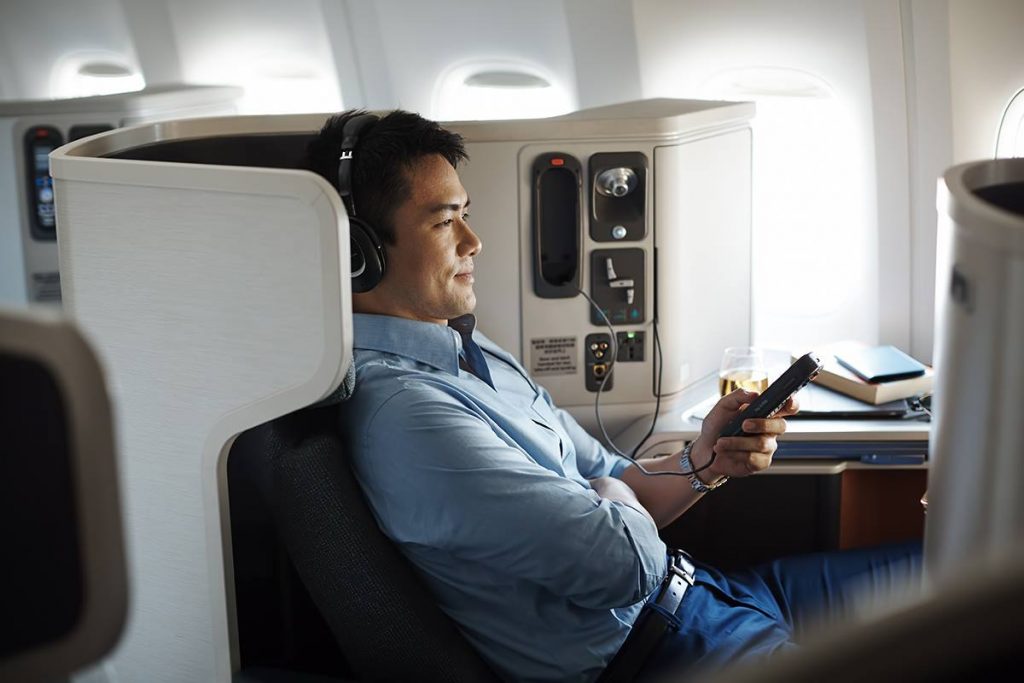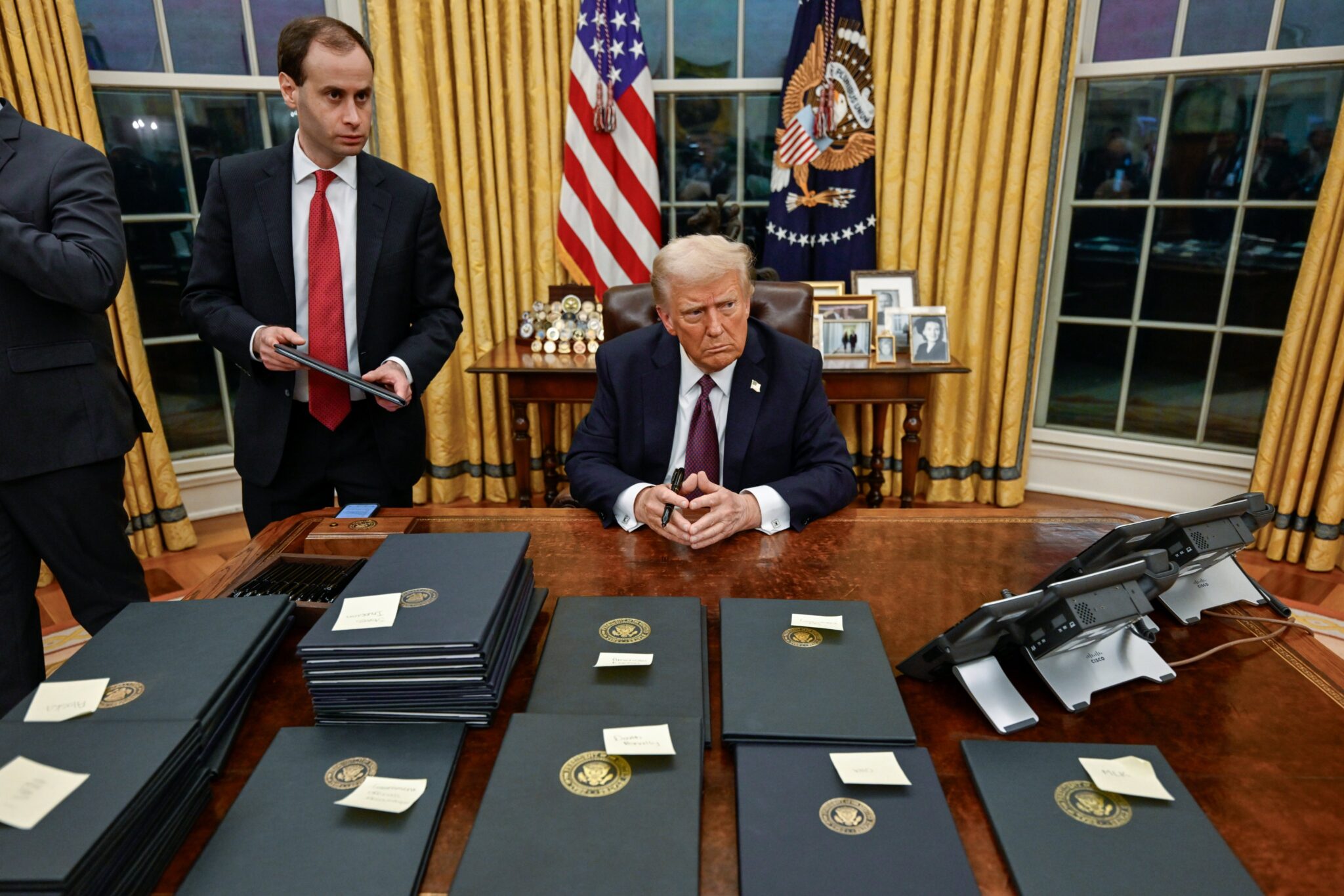Research Shows Strict Corporate Travel Policies Don’t Really Work

Skift Take
Cracking business traveler behavior is one of the most pressing issues faced by travel managers and finance executives inside growing companies.
New research conducted by American Express Global Business Travel and market research firm GfK looked at how travelers from the U.S., UK, India, France, Germany, Australia, and Singapore deal with corporate travel and expense policies.
The new Traveler 360 report provides some color on some of the biggest issues facing companies as they deal with developing a travel policy that saves money without frustrating employees or leading them to waste company money.
A surprising 75 percent of U.S. business travelers polled said their company has a clear travel policy, and 75 percent also said their company is strict about enforcing its travel policy. This makes them an outlier; business travelers from the rest of the world indicate a lack of clarity surrounding corporate travel policy.
The U.S., UK, and France reported the most strict travel policies; they also admitted to defying travel policy at a reduced rate of other countries with laxer policies. But most travelers still go rogue when they feel like it, regardless of restrictions.
French, German, and UK business travelers reported the highest percentage of not having a clear travel and expense policy.
“Most travelers know if their company has a travel policy, and most say they are at least very familiar with it,” states the report. “And yet, just because travelers know they have a policy and they are familiar with it does not mean the policy is clear to them. In each country, with the exception of the U.S., roughly half of travelers agree… ‘my company does not have a clear policy when it comes to business travel and expense reporting.’”
In terms of traveler satisfaction, respondents from India expressed the most positivity around business travel, in areas ranging from improved morale to a more healthy work-life balance. This could have to do with the burgeoning economic growth in the region and the positive correlation between traveling for business and career development.
“Travelers who reported being extremely familiar with their company travel policy are more likely to also say they follow their policy all of the time,” the report found. “But the same does not hold true for those who reported having a company with a strict policy enforcement. The correlation between policy enforcement style and following policy all of the time does not differ too much between strict enforcement and relaxed enforcement. Actually, in India, more travelers who said their company had a relaxed enforcement approach are likely to follow policy all the time."
Incentives Matter
One interesting wrinkle in the study relates to the wave of companies offering solutions based on behavioral modification and incentivizing travelers to book trips that cost their company less money.
Having money saved by adjusting a trip or receiving comped vacation days makes business travelers more likely to make cost-saving booking decisions regardless of their country. Point-based systems, though, were most popular among Indian and Singaporean travelers; just 36 percent of U.S. travelers said this system would impact how they book, the lowest among nationalities polled.
“Since having a strict policy enforcement approach does not work for all countries or companies, offering incentives could be a way to change traveler behavior,” concludes the report. “Travelers responded favorably to things like having a percentage of the money they saved by booking within policy put into their paycheck and receiving bonus vacation days or paid time off. Travelers from Singapore and India are most impacted by incentives. On the other hand, only one-third of U.S. travelers say they do not need to be incentivized in order to stick within company policy.”




